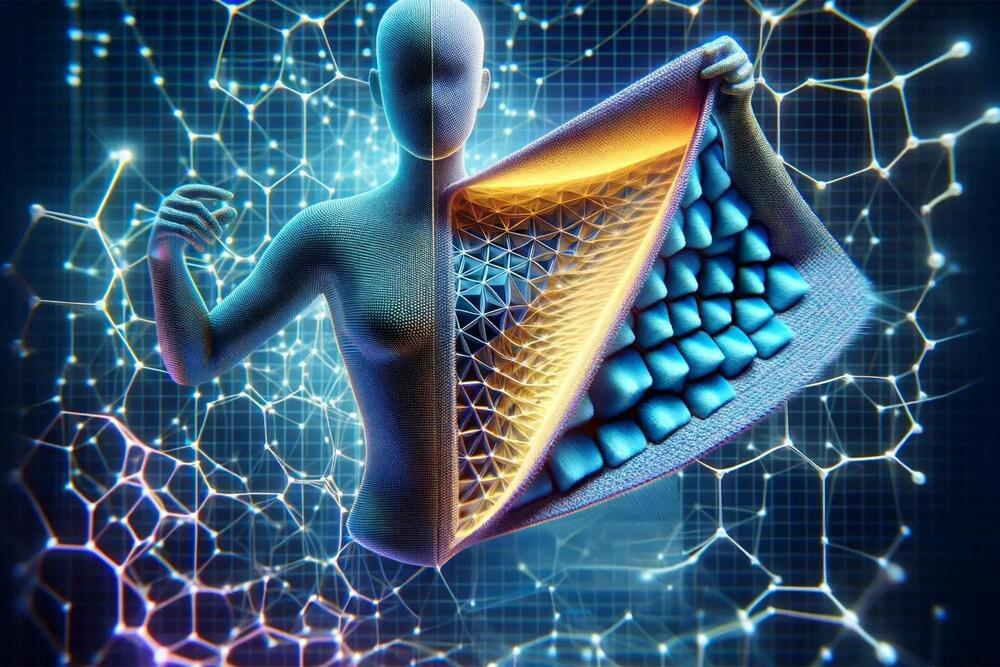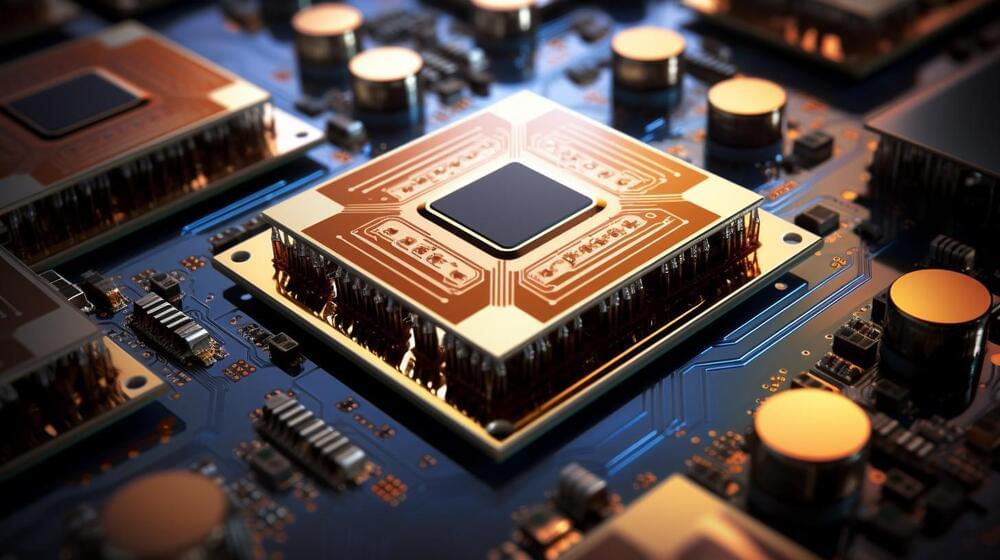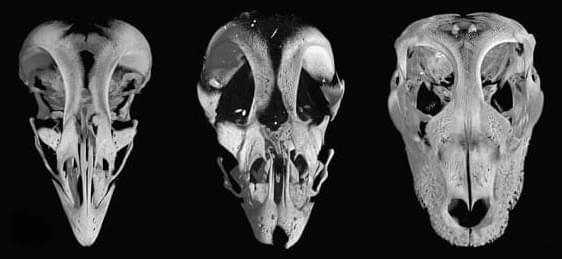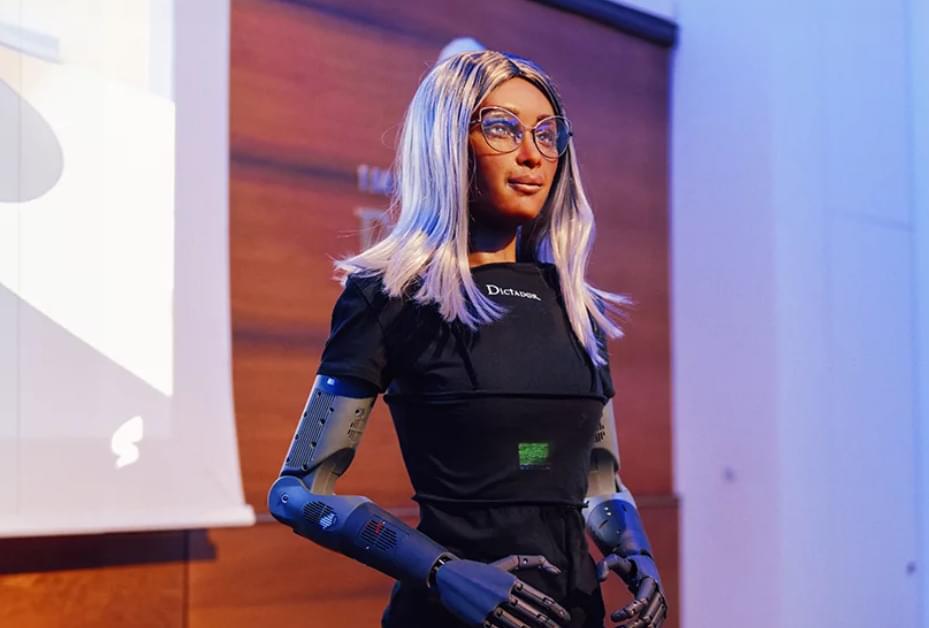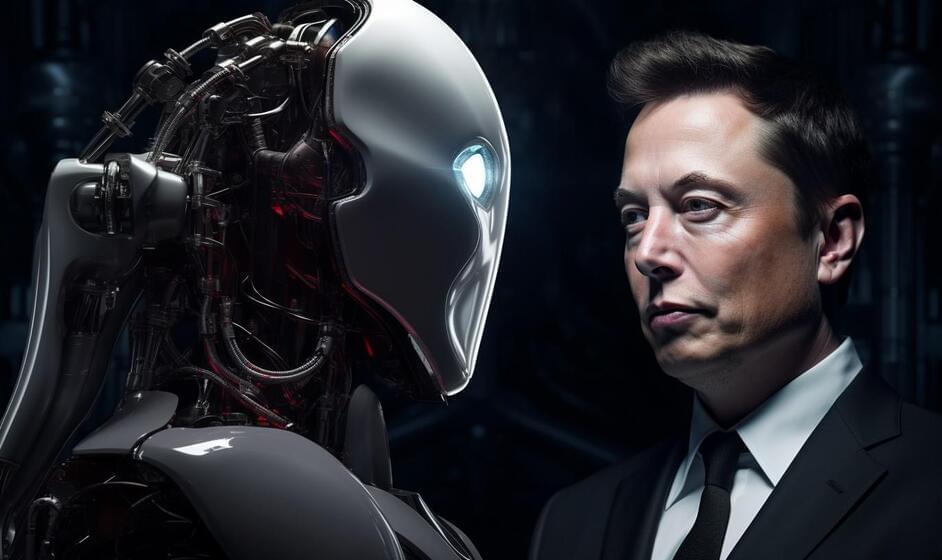The future of smart glasses is about to change drastically with the upcoming release of DigiLens ARGO range next year. These innovative smart glasses will be powered by Phantom Technology’s cutting-edge spatial AI assistant, CASSI. This partnership between DigiLens, based in Silicon Valley, and Phantom Technology, located at St John’s Innovation Centre, brings together the expertise of both companies to create a game-changing wearable device.
Phantom Technology, an AI start-up founded by a group of brilliant minds, has been working diligently over the years to develop advanced human interface technologies for AI wearables. Their breakthrough 3D imaging technology allows users to identify objects in their environment, enhancing their overall experience. With DigiLens incorporating Phantom’s patented optical platform into their consumer product, customers can expect a new era of smart glasses with unparalleled features.
CASSI, the novel spatial AI assistant designed by Phantom Technology, aims to boost productivity and awareness in enterprise settings. This innovative assistant combines computer vision algorithms with a large language model, enabling users to receive step-by-step instructions and assistance for various tasks. Imagine effortlessly locating any physical object or destination in the real world with 3D precision, using your voice to generate instructions, and seamlessly managing tasks using augmented reality.
